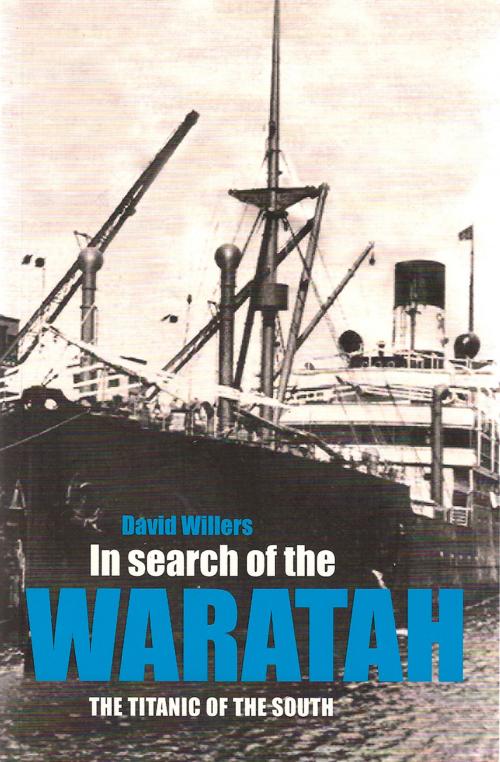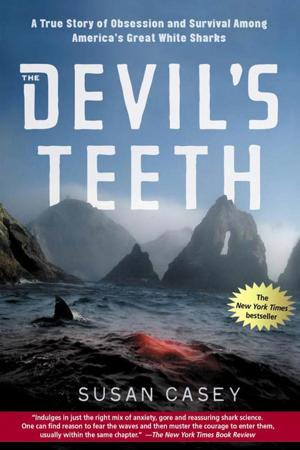In search of the Waratah
The Titanic of the South
Nonfiction, Travel, Family Travel, Adventure & Literary Travel| Author: | David Willers | ISBN: | 9780957331006 |
| Publisher: | Cooper Johnson Limited | Publication: | June 28, 2012 |
| Imprint: | Language: | English |
| Author: | David Willers |
| ISBN: | 9780957331006 |
| Publisher: | Cooper Johnson Limited |
| Publication: | June 28, 2012 |
| Imprint: | |
| Language: | English |
On 27 July 1909 the luxury ocean liner SS Waratah, pride of the Blue Anchor line, the Titanic of the South. disappeared without trace on her second voyage. She carried no radio.
The Waratah, built especially strongly to weather the rough sea between Britain, Australia and the Cape, was widely regarded as unsinkable. Her loss remains one of the great unsolved maritime mysteries of our age. Did she drift into the Antarctic ice cap with all her passengers and crew as many originally thought had happened? Or was she overwhelmed by the sea in a storm off South Africa's notorious Wild Coast. The official Court of Inquiry could come to no definite conclusion.
First published in 2005 when contemporary underwater searches for her by the National Marine Underwater Agency were finally abandoned, In search of the Waratah is the definitive classic account of her fate. Author David Willers unearthed startling evidence that the original theories were correct and that the Waratah drifted for months with all her first class passengers unhurt and alive and he has recreated this microcosm of Edwardian society. Several ships spent a year searching for in the south Atlantic and Indian Ocean. Why did this happen? Why was the contrary view that the ship had broken down and drifted south downplayed by the Inquiry to the extent that this still influences public opinion today?
The Waratah dominated world headlines and prepared the ground for the loss of Titanic three years later. As a direct result of the Waratah's fate, Parliament legislated that every British merchant ship should carry radio.
On 27 July 1909 the luxury ocean liner SS Waratah, pride of the Blue Anchor line, the Titanic of the South. disappeared without trace on her second voyage. She carried no radio.
The Waratah, built especially strongly to weather the rough sea between Britain, Australia and the Cape, was widely regarded as unsinkable. Her loss remains one of the great unsolved maritime mysteries of our age. Did she drift into the Antarctic ice cap with all her passengers and crew as many originally thought had happened? Or was she overwhelmed by the sea in a storm off South Africa's notorious Wild Coast. The official Court of Inquiry could come to no definite conclusion.
First published in 2005 when contemporary underwater searches for her by the National Marine Underwater Agency were finally abandoned, In search of the Waratah is the definitive classic account of her fate. Author David Willers unearthed startling evidence that the original theories were correct and that the Waratah drifted for months with all her first class passengers unhurt and alive and he has recreated this microcosm of Edwardian society. Several ships spent a year searching for in the south Atlantic and Indian Ocean. Why did this happen? Why was the contrary view that the ship had broken down and drifted south downplayed by the Inquiry to the extent that this still influences public opinion today?
The Waratah dominated world headlines and prepared the ground for the loss of Titanic three years later. As a direct result of the Waratah's fate, Parliament legislated that every British merchant ship should carry radio.















